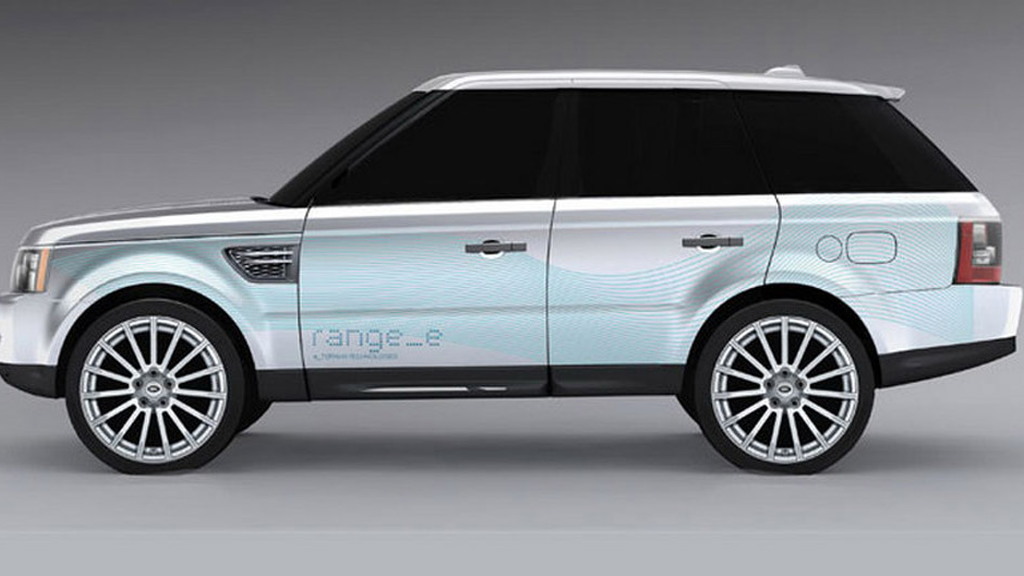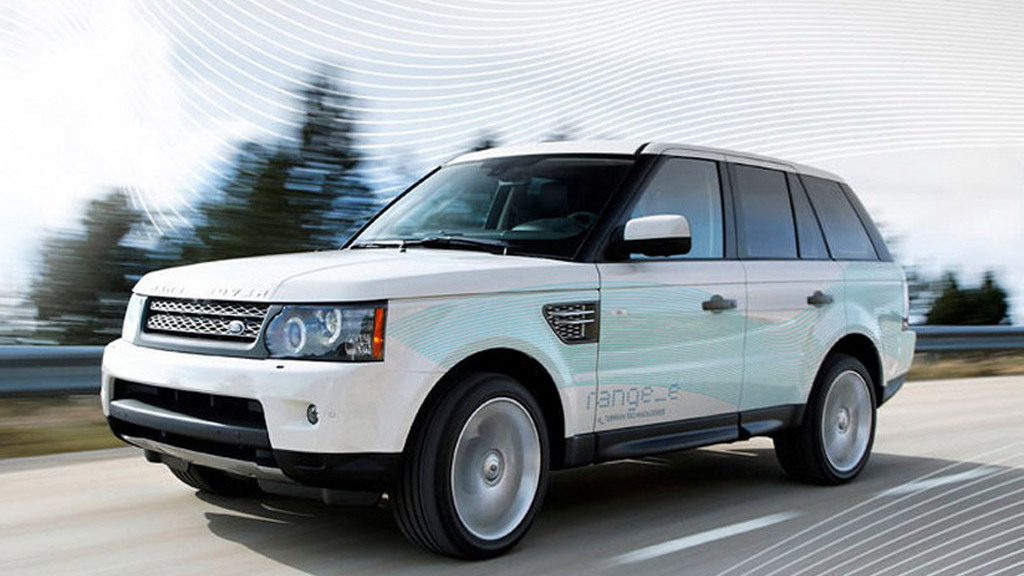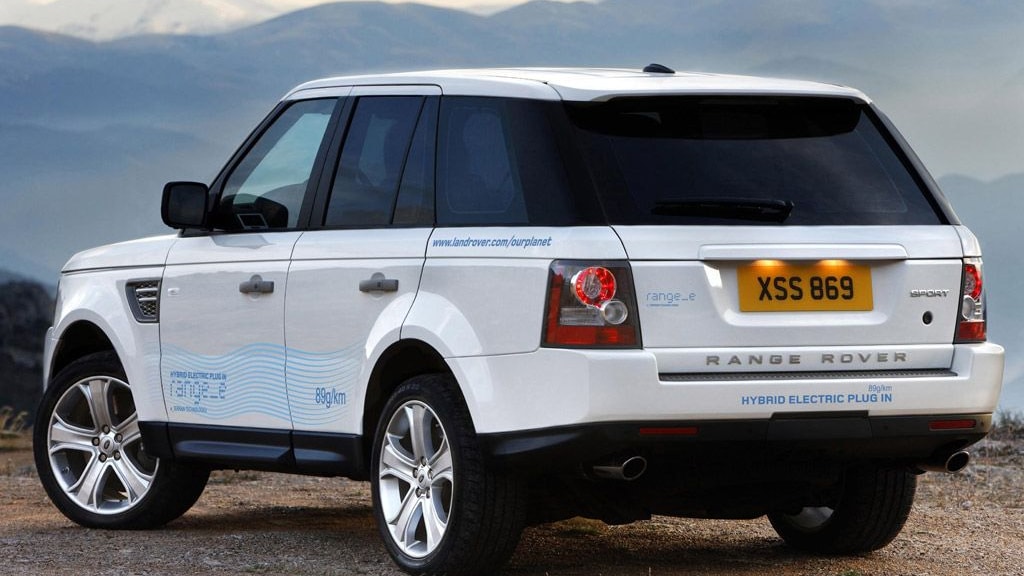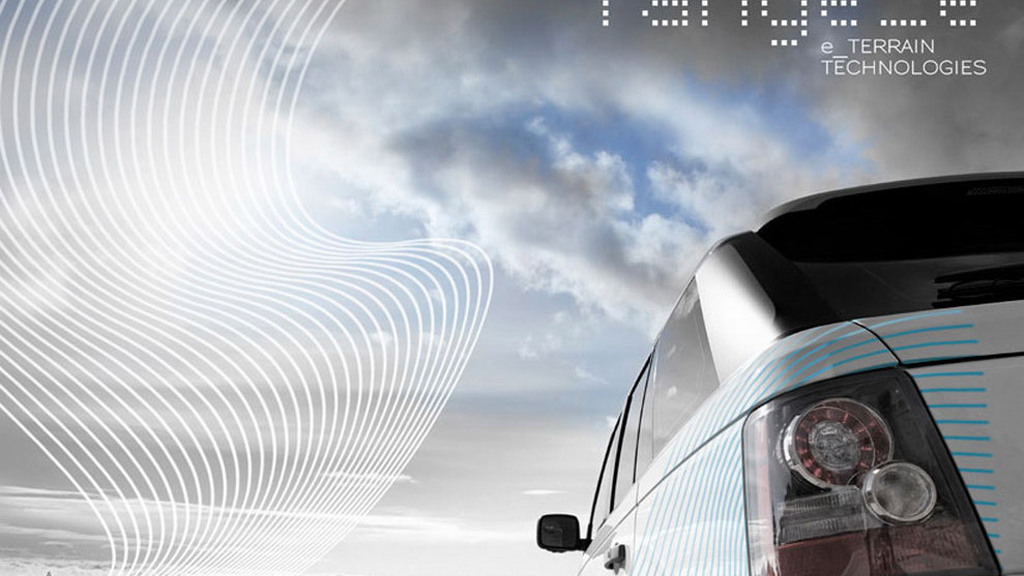Land Rover’s ongoing pledge to become more environmentally friendly is starting to result in some interesting developments, with the automaker’s brand director recently confirming the launch of the first Land Rover hybrid in 2013.
Speaking with Inside Line, Land Rover’s John Edwards said the hybrid model would launch in 2013 followed by a plug-in hybrid version in 2014. Both models would be based on the next-generation Range Rover luxury SUV, due in gasoline and diesel variants next year, as part of the automaker’s “top-down” strategy for hybrid vehicles.
You may recall Edwards first hinted at this top-down strategy back in December where he said Land Rover’s larger SUVs would be the first recipients of its hybrid technology as this was where the greatest consumption gains were to be made.
Edwards also explained during his latest interview that Land Rover’s first hybrid would use a gasoline engine, most likely a V-6, as this would be cheaper to produce than a diesel-electric hybrid and would appeal more to buyers in the U.S.--the vehicle’s primary targets.
As for the technology itself, Land Rover is expected to utilize an electric motor and internal combustion engine connected in parallel on a single driveshaft, similar to what we saw on the most recent Range_e hybrid prototype vehicle.
The plug-in hybrid version, due in 2014, will most likely feature a more powerful electric motor and batteries that would be able to carry the big SUV for short distances on electric power alone, possibly up to 40 miles. Owners could then charge up the batteries using a regular household power outlet or the internal combustion engine could fire up, acting as a generator and charging the batteries whilst also driving the vehicle.
Sadly, the top-down strategy also means there are no immediate plans for a hybrid version of the stylish new Range Rover Evoque.
Importantly, hybrid technology isn’t the only avenue being investigated by Land Rover for boosting the mileage of its luxury SUVs and becoming greener. Not only is the automaker investing in CO2 emissions offset programs, but, together with sister company Jaguar, Land Rover is also looking at reducing the weight of its vehicles by utilizing more aluminum in their construction. And as we all know, less weight means better fuel economy.
Land Rovers have long been the definition of gas-guzzling SUVs that environmentalists love to hate. With the development of a hybrid vehicle and the CO2 emissions offset program, the company stands a good chance of becoming one of the greenest automakers around.
[Inside Line via MotorAuthority]

















